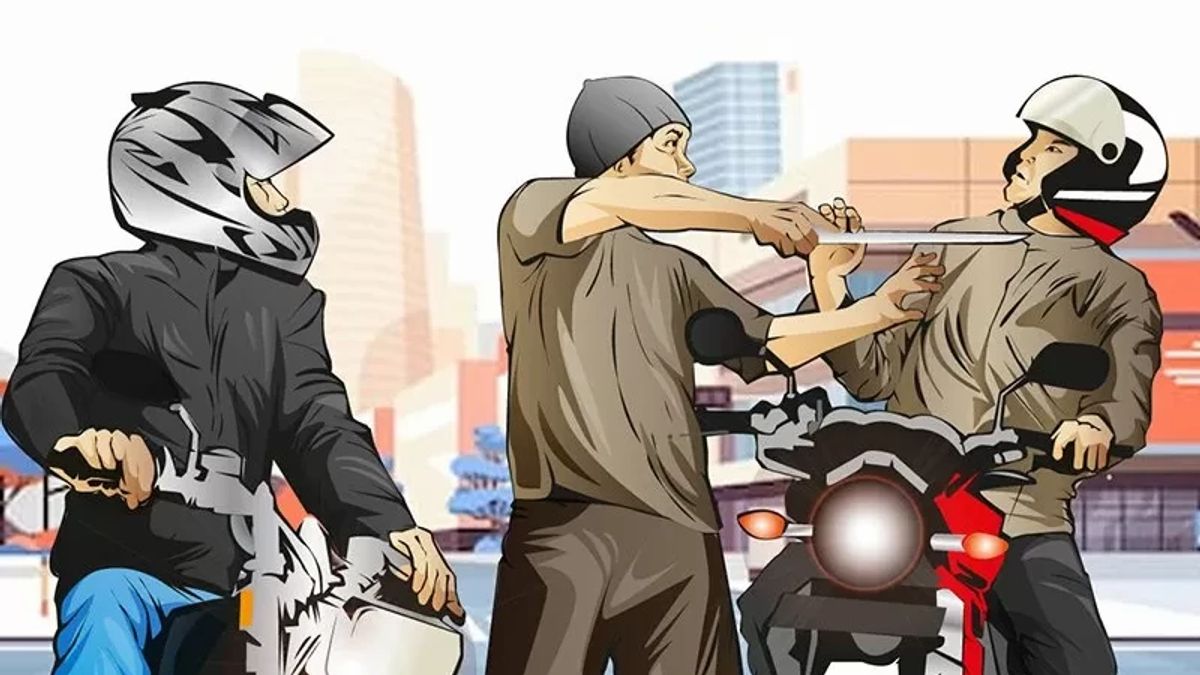PURWOKERTO - Professor Hibnu Nugroho, a criminal law expert at Jenderal Sudirman University (Unsoed) in Purwokerto, said that fighting robberies on the street is part of an effort to defend oneself and the right to life.
"If there are robbers, fight back, because that is part of defending one's rights, the right to decency, and the right to live. We must not allow people to commit crimes that will disturb the peace," said Hibnu Nugroho in Purwokerto, Banyumas Regency, Central Java, Friday 15 April .
In addition, he said, the police must map the vulnerable areas and the public must also be able to narrow the space for criminals to move by fighting back.
According to him, fighting in these circumstances can mean avoiding by not attacking, then giving it to law enforcement.
"If necessary, people who fight against robbery get an award from the police, don't turn it around [become a suspect]," he said
Hibnu also highlighted the case faced by Murtede alias Amaq Sinta (34), a resident of Matek Maling Hamlet, Change Village, East Praya District, Central Lombok Regency, West Nusa Tenggara, who was detained by local police investigators after being a suspect for killing two robbers and injuring them. two other thugs.
The case, he said, must be studied in terms of the science of disclosing the case, namely forensic science.
The Professor of the Unsoed Faculty of Law said that forensic science consists of three indicators, namely evidence, the scene of the crime (TKP), and determining the perpetrator.
"Well, in the evidence and at the crime scene, it must be seen whether this was in a state of a crime with no balance, whether there were causes for the crime. In this case it will be seen if the act was forced, in accordance with Article 49 Paragraph (2) KUHP, the person concerned must be released," he said.
He also emphasized that the forced situation must be studied from the perspective of forensic medicine. "What kind of wound, what kind of incision," he explained, quoted by Antara.
Therefore, he said, in this concept the police must be careful in determining whether someone should be a suspect or not be a suspect.
According to him, it was the objective circumstances that determined that in this case there was a forced defense, there was a cause, and so on.
"So, it is not an ordinary crime, but a crime that arises because of a forced defense situation. People who carry out a forced defense can be for the protection of human rights, for the protection of their security and safety, and so on," he said.
The English, Chinese, Japanese, Arabic, and French versions are automatically generated by the AI. So there may still be inaccuracies in translating, please always see Indonesian as our main language. (system supported by DigitalSiber.id)











